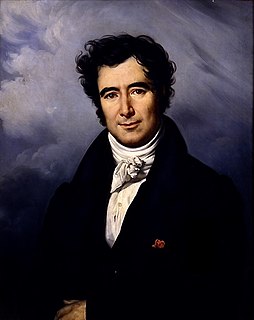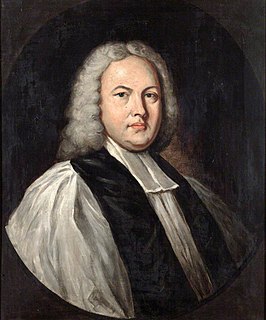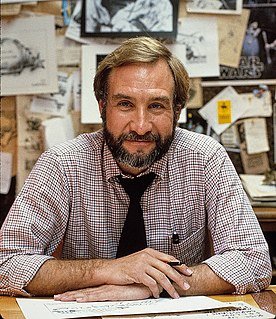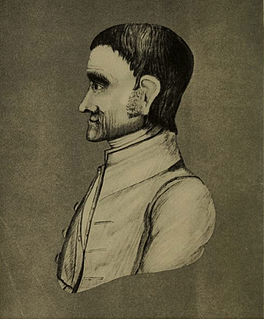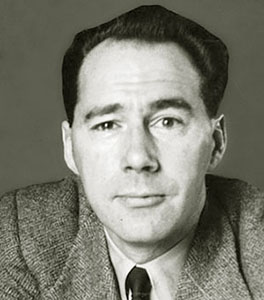A Quote by Edward Gibbon
The single combats of the heroes of history or fable amuse our fancy and engage our affections: the skillful evolutions of war may inform the mind, and improve a necessary, though pernicious, science. But in the uniform and odious pictures of a general assault, all is blood, and horror, and confusion . . .
Related Quotes
Sin also carries on its war by entangling the affections and drawing them into an alliance against the mind. Grace may be enthroned in the mind, but if sin controls the affections, it has seized a fort from which it will continually assault the soul. Hence, as we shall see, mortification is chiefly directed to take place upon the affections.
The ancients had a taste, let us say rather a passion, for the marvellous, which caused grouping together the lofty deeds of a great number of heroes, whose names they have not even deigned to preserve, and investing the single personage of Hercules with them. In our own time the public delight in blending fable with history. In every career of life, in the pursuit of science especially, they enjoy a pleasure in creating Herculeses.
Of all literary exercitations, whether designed for the use or entertainment of the world, there are none of so much importance, or so immediately our concern, as those which let us into the knowledge of our own nature. Others may exercise the understanding or amuse the imagination; but these only can improve the heart and form the human mind to wisdom.
In this choice of inheritance we have given to our frame of polity the image of a relation in blood; binding up the constitution of our country with our dearest domestic ties; adopting our fundamental laws into the bosom of our family affections; keeping inseparable and cherishing with the warmth of all their combined and mutually reflected charities, our state, our hearths, our sepulchres, and our altars.
O, that we who declare war against wars, and acknowledge our trust to be in God only, may walk in the light, and therein examine our foundation and motives in holding onto money! May we look upon our estates, our treasures, the furniture of our houses, and our garments, and try whether the seeds of war have nourishment in these, our possessions.
Before making peace, war is necessary, and that war must be made with our self. Our worst enemy is our self: our faults, our weaknesses, our limitations. And our mind is such a traitor! What does it? It covers our faults even from our own eyes, and points out to us the reason for all our difficulties: others! So it constantly deludes us, keeping us unaware of the real enemy, and pushes us towards those others to fight them, showing them to us as our enemies.
There is an inability to sustain the tragic mood, a phoenix quality of the mind. It may be helpful or harmful, it is just a part of the will to survive—yet, also, it has made it possible for us to engage in one weakening war after another. But it is a necessary part of our mechanism that we should be able to cry only for a time over even an ocean of spilt milk—the spectacular must soon become the commonplace if life is to be supportable.


